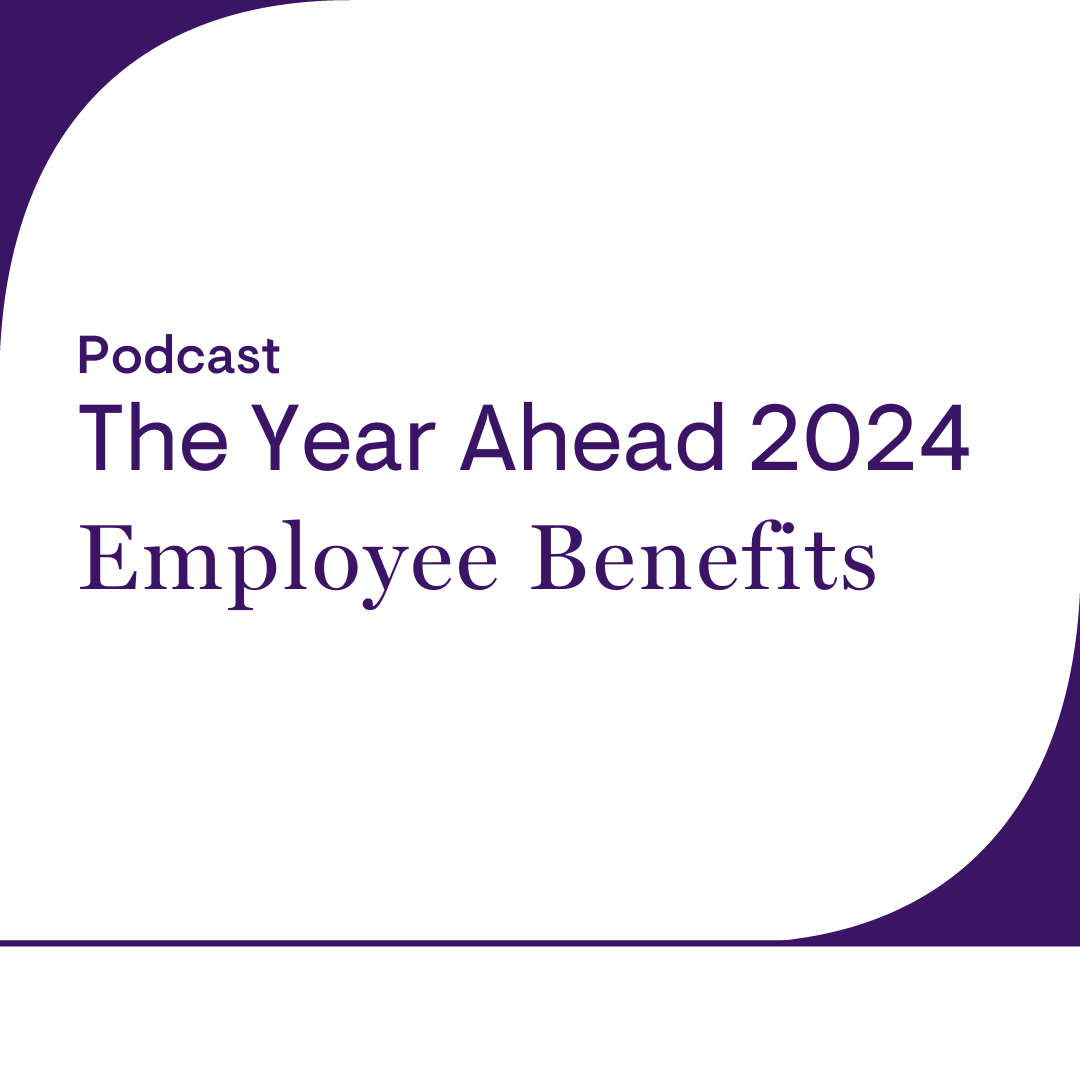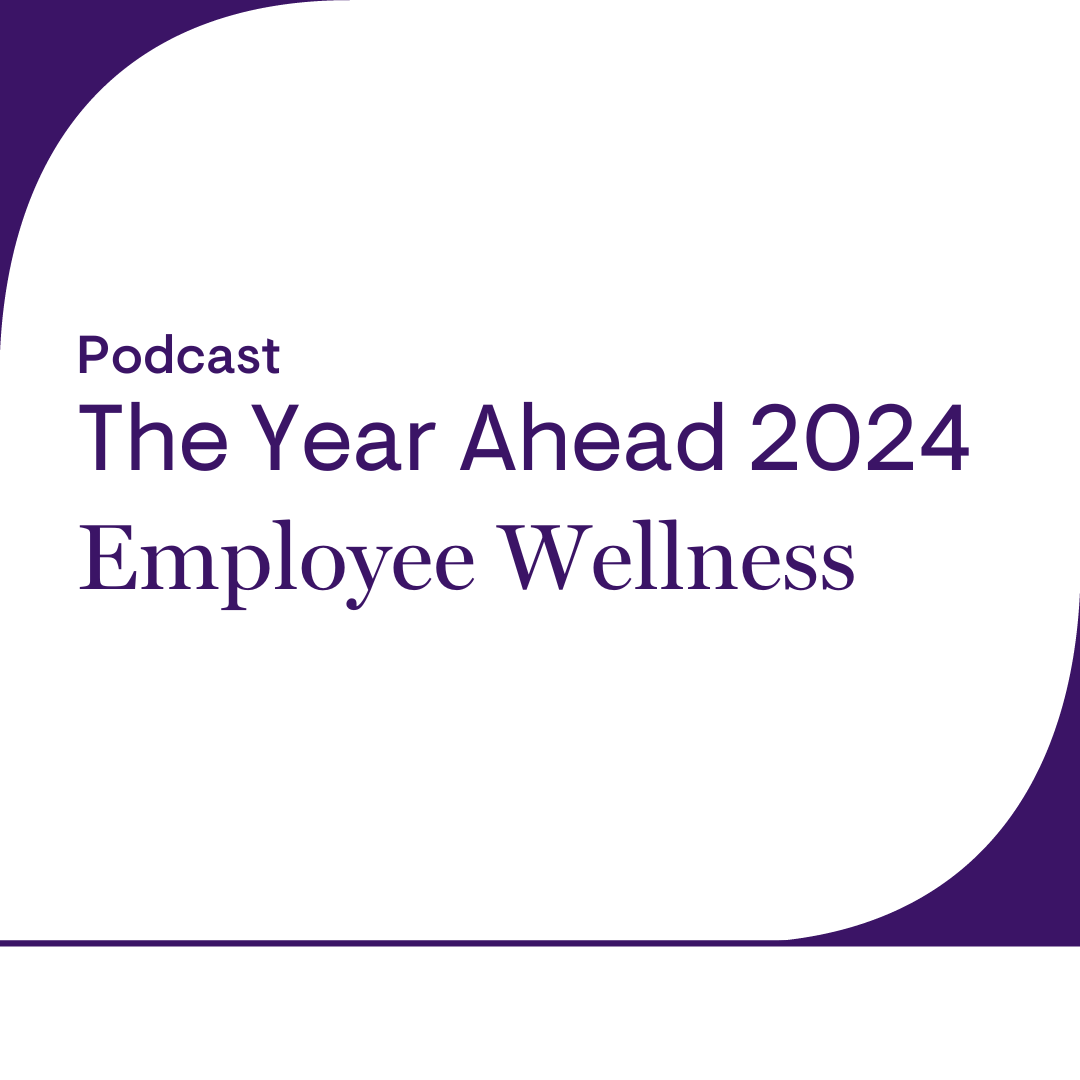From new qualified retirement plan requirements to calls for flexible family-planning options and increasing compliance considerations for health and welfare plans, providing comprehensive employee benefits is an exercise in balancing preference and practicality.
SECURE 2.0: Notable Highlights
As part of the Consolidated Appropriations Act (CAA) of 2023, SECURE 2.0 builds on the Setting Every Community Up for Retirement Enhancement Act of 2019 (SECURE Act). It includes 100+ provisions, both mandatory and discretionary, intended to expand coverage, increase retirement savings, and simplify and clarify retirement plan rules. Here are some highlights:
- All mandatory and any discretionary changes resulting from SECURE 2.0, SECURE Act, and the CARES Act must be memorialized by affected employee retirement plans in most cases no later than Dec. 31, 2026 (plan amendments must be adopted by this date).
- Required and discretionary changes should be implemented before the amendment adoption date (plans should be operating in good faith compliance with the changes where applicable), including changes to the age for commencing required minimum distributions.
- Eligible “Long-Term Part-Time” employees should be offered the ability to make voluntary deferrals in 2024.
- Guidance from the IRS provided a two-year delay for implementing provisions requiring that catch-up contributions be made as Roth for highly compensated participants.
- Other highlights:
- Additional catch-up contributions are allowed for participants between the ages of 60 and 63.
- Employers can match student loan repayments as if the student loan repayments were deferrals to a retirement plan.
- Plans can allow participants to take emergency and other specific event in-service withdrawals, separate from hardship distributions.
- A “Lost and Found” searchable database to enable plan participants to locate retirement funds and employers to locate “missing” participants will be established.
- Guidance on these and many other SECURE 2.0 provisions will be forthcoming.
Cost of Living Adjustments (COLA)
The Internal Revenue Service announced its cost-of-living adjustments applicable to dollar limitations on benefits and contributions for retirement plans generally effective for Tax Year 2024. Most notably, the limitation on annual employee deferrals into a 401(k) or 403(b) plan will increase to $23,000, and the dollar threshold for highly compensated employees will increase to $155,000 for 2025 HCE determinations.
Health and Welfare Plans
Abortion-Related Considerations
More than 18 months after the U.S. Supreme Court overturned Roe v. Wade and Planned Parenthood Pennsylvania v. Casey, the provision of abortion-related benefits is still uncertain:
- States are continuing to legislate abortion.
- Voters are voting on state constitutional amendments.
- Employers are still considering travel benefits for care unavailable in the vicinity of the participant in need (including gender-affirming care). Many complex issues arise in the introduction of a travel benefit or a state law that conflicts with an employer provided health plan.
- The U.S. Supreme Court will review questions related to accessibility of the abortion pill, mifepristone, impacting group health and prescription drug plans.
Gender-Affirming Care
The question of whether “gender identity” is a protected factor has been the subject of much debate and litigation over the last several years, and this area remains in flux both in the courts and legislatures. Whether an employer-sponsored health plan must cover gender-affirming care is complicated and depends, in part, on whether the employer’s health plan is fully insured or self-insured.
- Fully insured employer-sponsored health plans are subject to state insurance law and applicable federal law. A fully insured plan must provide coverage compliant with the coverage mandates of the state in which the insurance policy is issued.
- Self-insured plans are not subject to state insurance laws but are subject to federal laws that prohibit discrimination based on certain protected factors, including race, color, national origin, sex, and disability. As a result, the path forward is less clear for these plans.
Fertility/Family Planning
- Employer-offered adoption, fertility, surrogacy and other family-planning benefits have become very popular in recent years.
- Offering such benefits requires close attention to ERISA and tax considerations.
- Employers will need to consider how such benefits are provided, whether they constitute ERISA-governed group health plans, and review vendor relationships carefully.
Mental Health Parity and Addiction Equity Act (MHPAEA)
MHPAEA requires plans to ensure that the financial requirements and treatment limitations (quantitative or nonquantitative) imposed on mental health or substance use disorder (MH/SUD) benefits are no more restrictive than those imposed on medical or surgical (M/S benefits). Parity compliance has been evolving for some time. Most recently, the DOL announced it would begin investigating plans for compliance with the required comparative analysis documentation that became effective in 2021. Plan sponsors should:
- Focus on the variables involved in the comparison (particularly network providers, reimbursement rates, preauthorization requirements, considerations of what is medically necessary, types of and reasons why claims are ultimately approved or denied, etc.) since plan sponsors are ultimately responsible for the compliance and comparison report on these big issues even though they are not typically under a sponsor’s control.
- Develop and document a compliance program using what is available (even though the federal agencies are still gathering the information they think is relevant and necessary to provide meaningful guidance and enforcement) to show a good faith effort to comply with the MHPAEA, including the NQTL comparative analysis requirement. Employers should work with plan vendors to come up with an approach to demonstrate good faith compliance.
- Monitor continuously evolving guidance.
 | The Year Ahead 2024: Employee BenefitsDEI-minded employers are increasingly finding fertility, surrogacy, and adoption benefits are one of the better ways to incentivize and retain employees. Jackson Lewis Employee Benefits practice co-leader Melissa Ostrower and principal Kellie Thomas share what 2024 has in store for employers seeking to add more inclusive family forming benefits — and the laws implicated when offering them. |
 | The Year Ahead 2024: Employee Wellness2024 is shaping up as a year of unique challenges that could impact how employees are showing up to the workplace and handling what they are going through in terms of life challenges or emotionally charged events. Jackson Lewis principals Michael Thomas and Michael Griffin discuss why employee well-being is important and what employers can do to promote an environment where everyone contributes to the quality of workplace culture. |










